The curious case of missing refugee children from govt.-run UK hotels
By Reza Javadi
Earlier this month, a leading UK-based children's rights organization launched legal action against the British government after hundreds of unaccompanied refugee children went missing from hotels run by the British Home Office.
Every Child Protected Against Trafficking (ECPAT UK), a rights organization that works to protect children from trafficking and exploitation, accused the British Home Office of “unlawfully” placing unaccompanied children in government-run hotels.
The legal complaint noted that the Home Office has “no authority” to put children without companions in asylum hotels, which puts them at risk of abuse and abduction.
The complaint further argued that the measure amounts to an “unlawful” violation of the protections laid out in the Children Act 1989 and the United Nations Convention on the Rights of the Child.
Patricia Durr, chief executive of ECPAT UK, termed it a “national child protection scandal”, and added that children “have been harmed, children are missing, and children have been exploited.”
“Our domestic law and our international obligations demand that children are treated without discrimination and in their best interests, regardless of who they are, where they came from, or how they got here,” she was quoted as saying.
“It is clear the Home Office has no authority, power, or expertise to accommodate vulnerable children.”
The curious case of missing children
It comes after a revelation by The Observer earlier this year that dozens of asylum-seeking children were abducted by criminal gangs from a single Home Office hotel in Brighton, bringing the total number of missing unaccompanied children in the Home Office hotels to more than 400 cases.
“Children are literally being picked up from outside the building, disappearing and not being found. They’re being taken from the street by traffickers,” a whistleblower who works for Home Office contractor Mitie and child protection sources were quoted as saying in the report.
“Children are literally being picked up from outside the building, disappearing and not being found. They’re being taken from the street by traffickers,” the source told The Observer.
At the time, then-shadow home secretary, Yvette Cooper, described the revelation as “truly appalling and scandalous” and called on the government to provide details about children who went missing.
“Suella Braverman [the home secretary] has failed to act on the repeated warnings she has been given about totally inadequate safeguards for children in their care,” she said.
“It is a total dereliction of duty for the Home Office to so badly fail to protect child safety or crackdown on the dangerous gangs putting them at terrible risk. Ministers must urgently put new protection arrangements in place.”
According to a parliamentary debate last Thursday, of those who have disappeared, 154 children are still missing with their whereabouts unknown.
In October last year, The Guardian reported that over 220 unaccompanied children were missing from hotels funded by the US Home Office, with ministers admitting they had no idea of their whereabouts.
Court ruling on refugee children
According to a family court ruling earlier this month, unaccompanied children should not be looked after by the Home Office and should be considered “children in need” and should receive the full protection of the Children Act 1989.
Referring to the court ruling, Carolyne Willow, director of charity group Article 39, said the judgment has “brought vital clarity to a wholly unacceptable situation where extremely vulnerable children have been treated as being in legal limbo.”
“That was a fiction which unforgivably exposed children to serious harm,” she said.
Jennine Walker, legal manager at Good Law Project, called on the government to “ensure local authorities have the funding and support they need to fulfill their statutory obligations and ensure that these children receive the fundamental protection and care they need and to which they have a right.”
Brighton and Hove Safeguarding Children Partnership, which works to safeguard and promote the welfare of children in the UK, had in February 2023 published a report which stated that “the status of [unaccompanied asylum-seeking] children remains ‘in limbo’.
“They do not have looked after children or child in need status with the Local Authority and the Home Office has no statutory responsibility for their care. This creates a significant statutory gap in provision and leaves the child with no corporate parent”, stated the report.
UK migration crisis in broader picture
According to Home Office data, more than 10,000 migrants have crossed the English Channel in small boats since the start of the year, with 2,529 migrants arriving only between Jun 10 and 17, despite Prime Minister Rishi Sunak’s claims that the government’s ‘Stop the Boats’ policies are starting to work.
Yvette Cooper slammed the unpopular situation and said these figures show the “dismal failure of all the Prime Minister’s boasts of progress on small boats and follow a week of damning official reports on the surging backlog, spiraling hotel costs and failing border security.”
It is worth noting that the number of arrivals to the UK on small boats increased sharply since 2018.
Meanwhile, the government has introduced a migration bill, granting the Home Secretary Suella Braverman the authority to detain anyone, including children, who enter the UK as asylum-seekers and deport them to a third country such as Rwanda or to their respective home countries.
Slamming the government’s new plan, a coalition of the UK’s leading medical bodies warned that inhuman acts such as detaining child migrants under the Government’s new small boats plan risk causing them “unacceptable” physical and mental harm.
In a letter to Braverman and Health Secretary Steve Barclay, the group condemned the child detention provisions set out in the ‘Illegal Migration Bill’ - which is currently being debated in the House of Lords -and asked for an urgent meeting with the pair to raise the alarm for the officials.
Braverman, 42, whose parents are from Mauritius and Kenya, has been under fire from human rights groups for her harsh policies against immigrants, including children, as the most vulnerable members of society.
“In previous years, government policy sought to enact strict limits on child detention. It is alarming to witness such a gigantic step backward, returning to a way of thinking that is outdated and just plain wrong,” Dr. Adrian James, president of the Royal College of Physicians (RCP), was quoted as saying.
Rising voices against UK plan
According to a report by Chatham House, many individuals and bodies have rallied against the UK government's inhuman plan, including the Local Government Association, Law Society, Bar Council, the Equality and Human Rights Commission, former chief justice Lord Justice Thomas, former attorney general Dominic Grieve, the UN High Commissioner for Human Rights, and even the Archbishop of Canterbury.
The latest group to join this wave is the Joint Committee on Human Rights (JCHR), the cross-party body representing both the House of Commons and the House of Lords, which scrutinizes proposed laws for their compatibility with British and international human rights law.
The report focuses on the new bill's shortcomings, saying that it "potentially undermines a global regime of refugee protection critical for ensuring the safety of those fleeing conflict and persecution."
"The current draft also puts the UK at risk of breaching its international law commitments under the European Convention on Human Rights, the UN Convention on the Rights of the Child, and the Council of Europe Convention on Trafficking," the report warns.
Even last year, when the initial proposals were made by the then-Home Secretary Priti Patel, the global rights organizations strongly condemned the plan.
However, with a premiership election looming for the UK, domestic pressure is mounting on migration as a Court of Appeal judgment is expected soon on the lawfulness of the UK government’s widely-criticized proposals to expel asylum seekers to Rwanda.
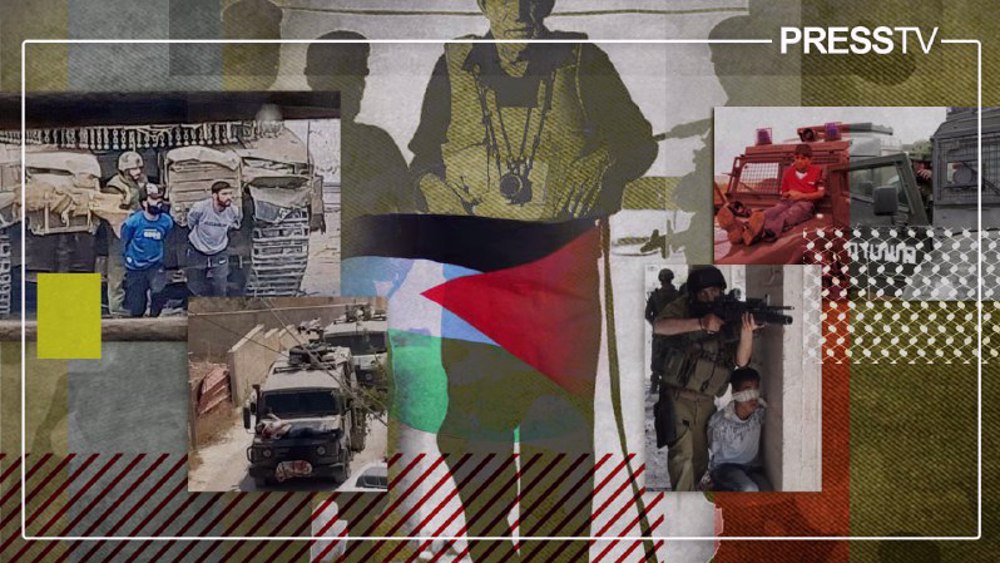
‘Mosquito protocol’: Israeli army's chilling tactic of using Palestinians as human shields
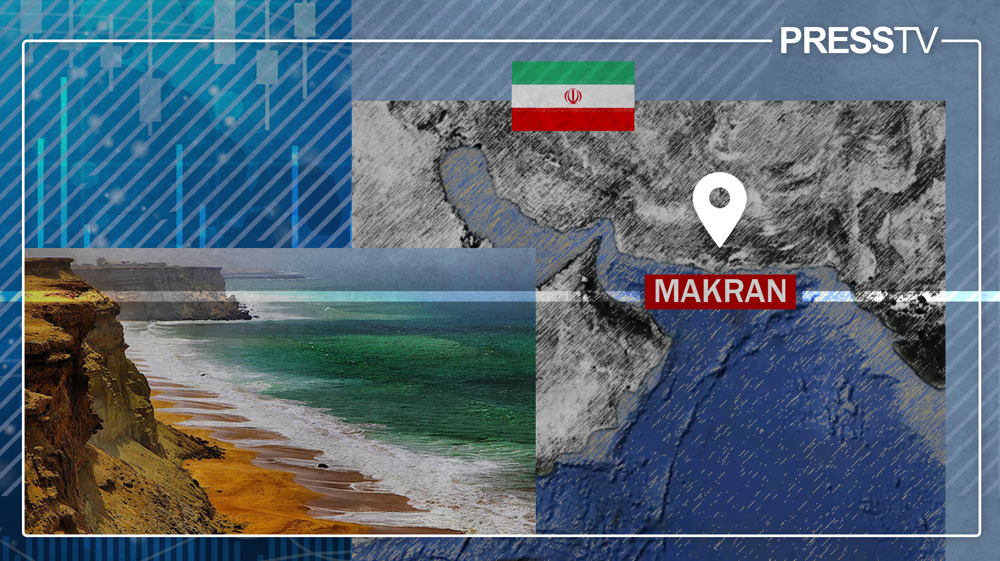
Explainer: How can Iran’s Makran region be transformed into regional economic hub?
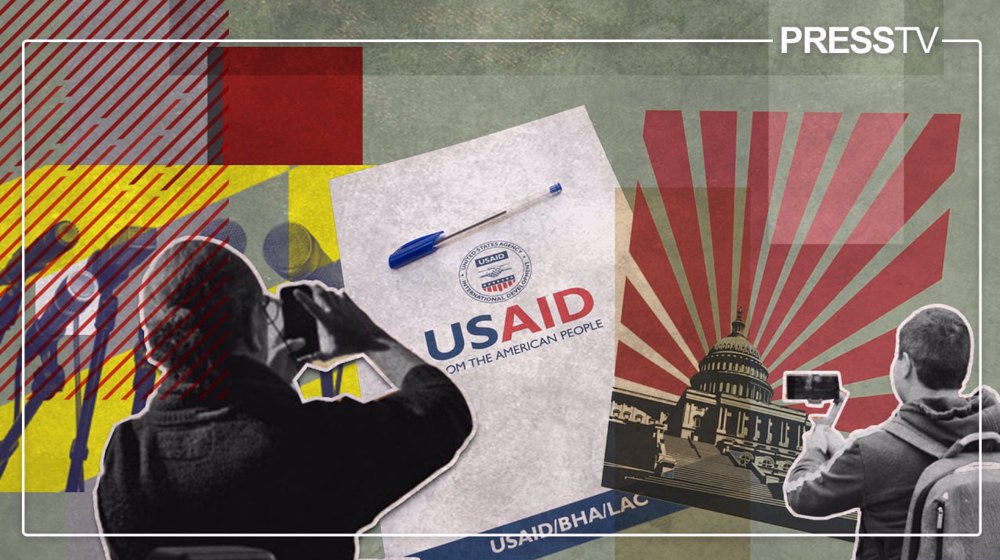
Journalism on sale: How USAID doled out millions to buy journalists globally
US special envoy in Kiev amid war of words between Trump, Zelensky
Hamas says ready to free all Israeli captives at once in phase two of truce
Israel kills one, injures two in southern Lebanon: Media
‘Colonial powers’ have no right to determine fate of Palestine: Qalibaf
Explainer: Why are MK-84 2,000-lb bombs approved by Trump for Israel so deadly?
President Pezeshkian: Iran, Qatar opening new avenues for cooperation
VIDEO | Displaced return home despite destruction
IRGC unveils new homegrown smart missiles, drones drill


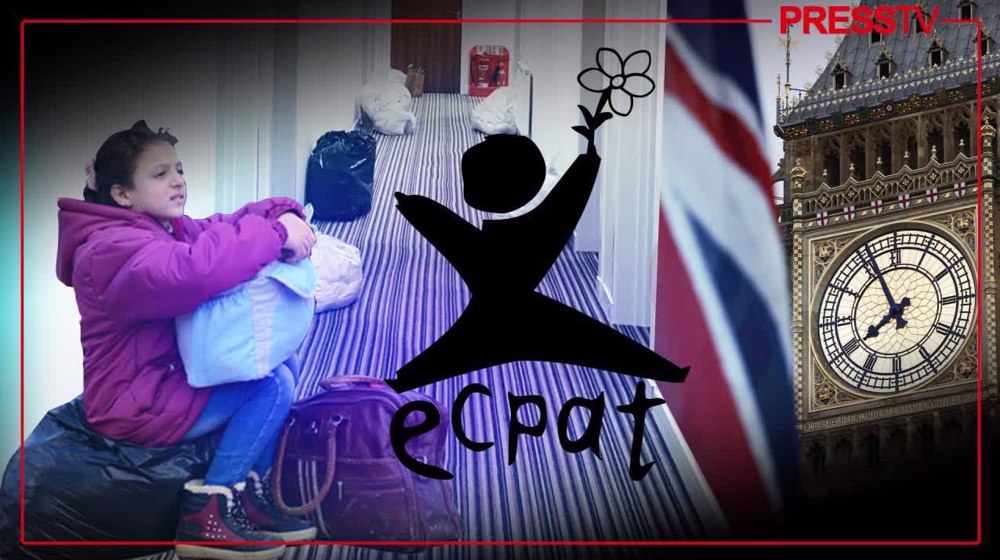



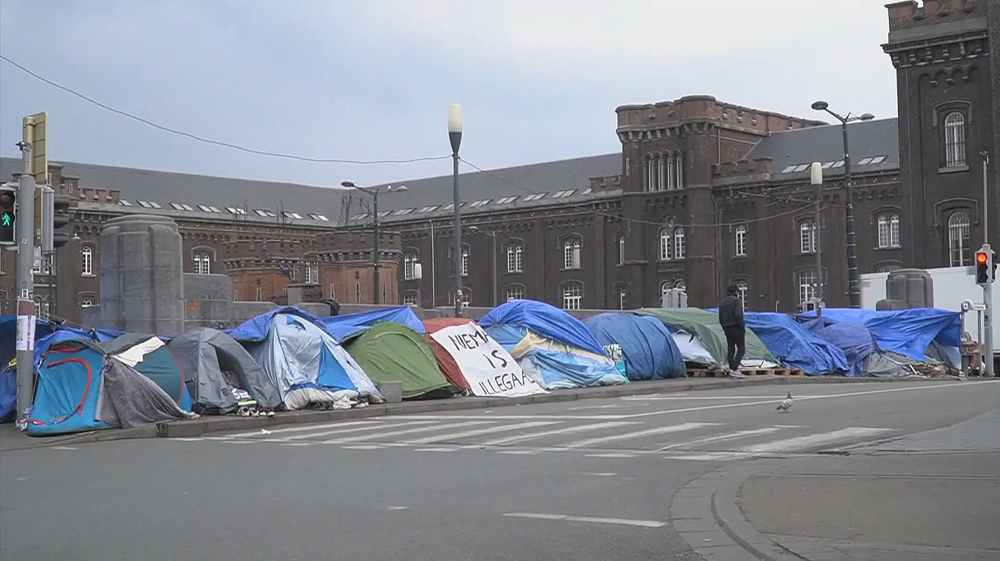
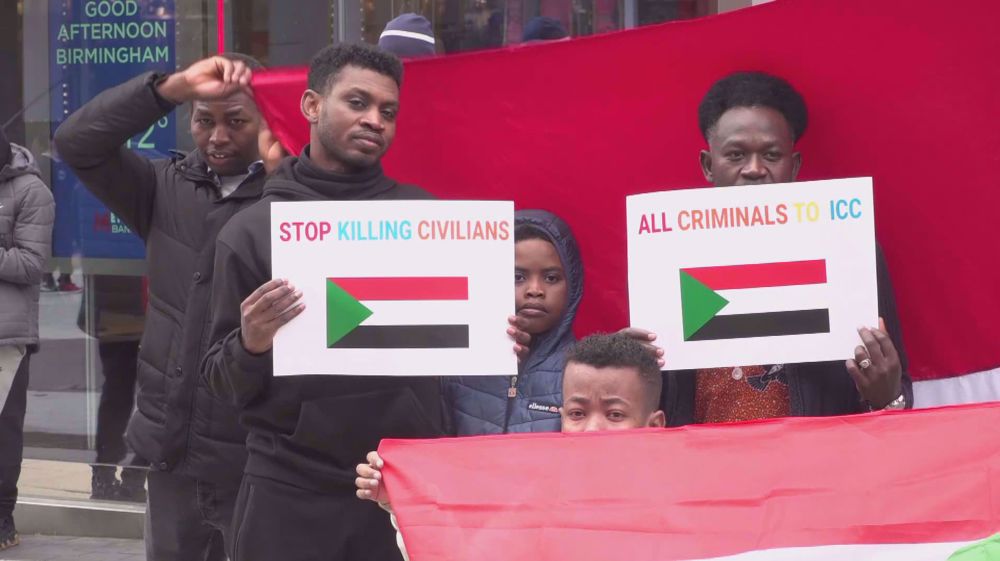
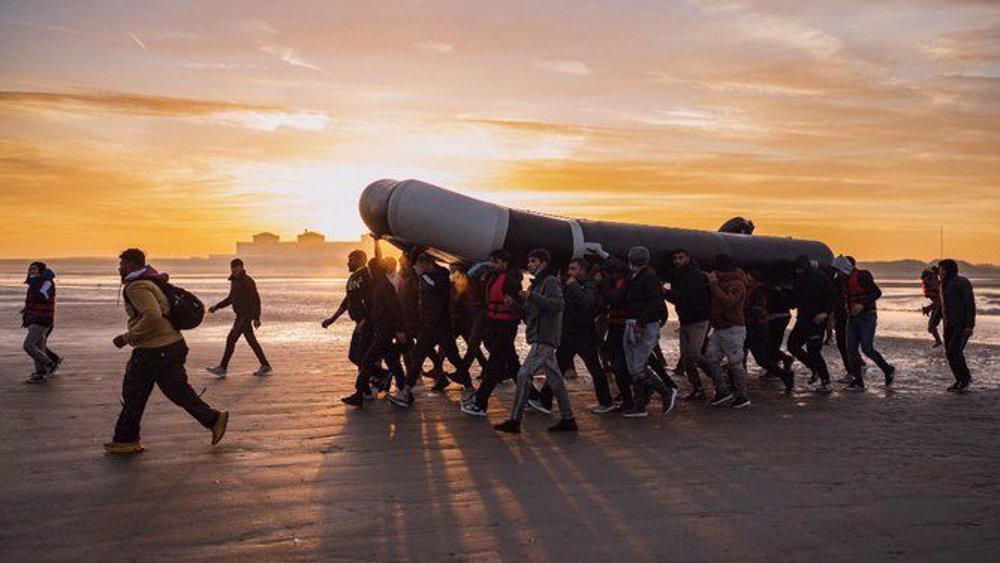
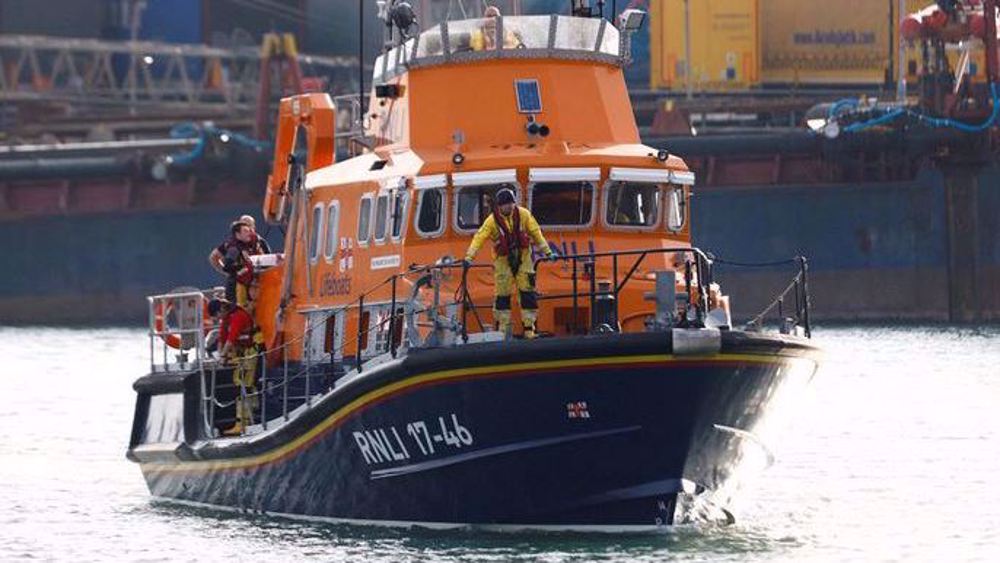

 This makes it easy to access the Press TV website
This makes it easy to access the Press TV website